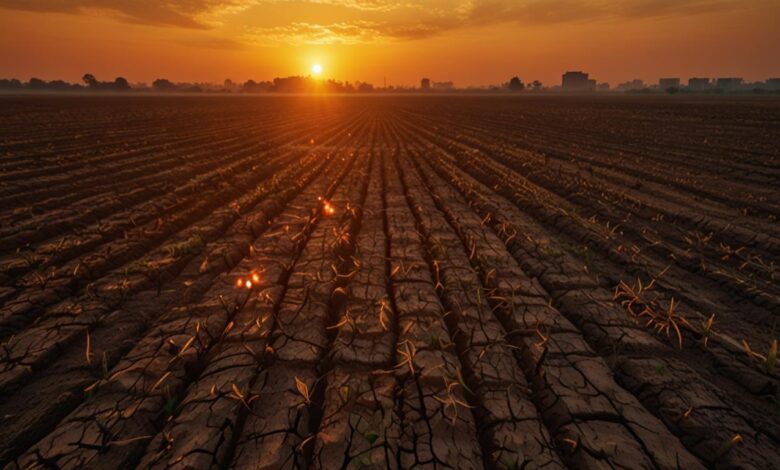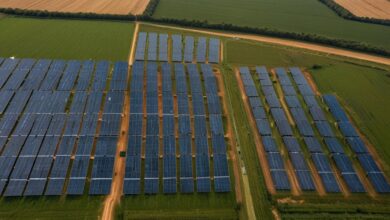China and US Face Severe Heatwaves Impacting Agriculture and Human Health

China and the United States are grappling with severe heatwaves that are affecting agriculture and human health, with implications for food production and public well-being. The extreme weather conditions are linked to climate change, posing challenges for both countries in adapting to a changing environment.
China and US Face Severe Heatwaves Impacting Agriculture and Human Health
China:
On July 4, 2024, China’s weather bureau issued a warning about an upcoming prolonged heatwave expected to affect the eastern, central, and southern regions. The China Meteorological Administration (CMA) forecasts temperatures to be relatively high in most areas, signaling a second consecutive summer of extreme heat.
Jia Xiaolong, the CMA’s deputy director, highlighted the potential risk of yield reductions in cotton, early rice, and late rice due to high temperatures and heat damage. Regions such as Zhejiang, Jiangxi, Hunan, Fujian, Guangdong, Guangxi, Gansu, and Ningxia are anticipated to experience temperatures 1 to 2 degrees Celsius above normal.
The CMA also warned of two possible typhoons making landfall in July. These extreme weather conditions are attributed to climate change, which has already caused record-breaking temperatures and heavy rain, affecting major grain-producing provinces and delaying planting activities.
United States:
The United States is also bracing for a significant heatwave, affecting over 137 million people across 21 states. The National Weather Service (NWS) reported temperatures could soar up to 115°F (46°C) in areas such as California’s interior, the Desert Southwest, and parts of Oregon. This heatwave, expected to last through the week, poses a high risk to human health and increases the potential for wildfires.
California is already experiencing multiple wildfires, including the Thompson Fire, which has forced nearly 30,000 evacuations. The excessive heat and dry conditions have exacerbated the wildfire threat, particularly during the Fourth of July celebrations involving fireworks and barbecues.
The heatwave is part of a trend of increasing extreme heat events due to the human-caused climate crisis, with 2024 on track to become the hottest year on record. Authorities urge residents to take precautions, especially the most vulnerable populations.
Conclusion:
Both China and the United States are experiencing severe heatwaves with significant implications for agriculture and public health. The countries’ responses to these extreme weather conditions highlight the challenges of adapting to a changing climate.








